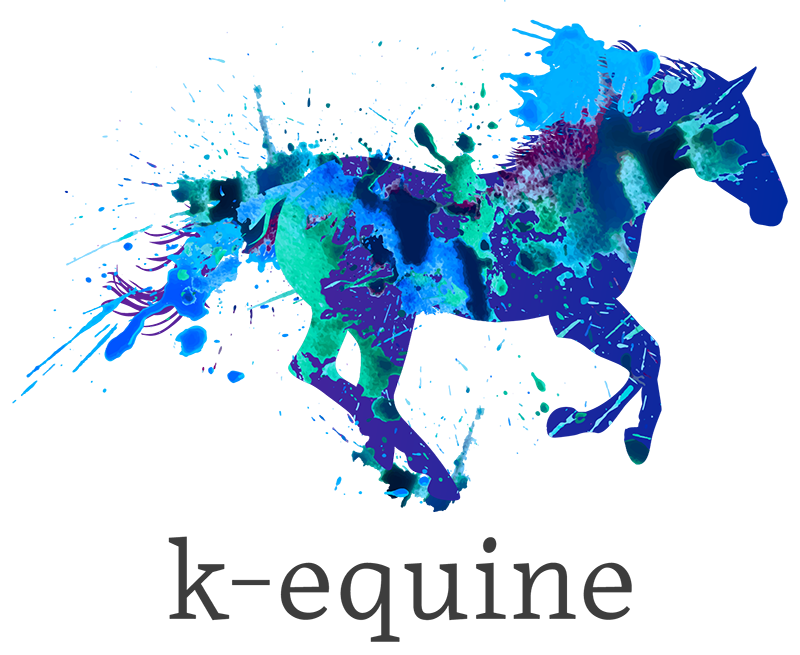Welcome clinicians! And thank you visiting to learn more about equine assisted psychotherapy.
After learning more about this type of therapy, we hope you will consider referring clients who could benefit from these adjunct therapy services. Equine assisted psychotherapy can help supplement the treatment plan for your client.
This experiential psychotherapy is a relatively newer modality of therapy, although under the umbrella of longer standing animal-assisted therapy.
Envision a horse arena as an enormous sand tray with live humans and horses interacting within their herds – or systems. Each horse, the space, and things in the space such as foam noodles, hula hoops and cones symbolize meaningful things in the client’s life.
The client then interacts in the space with the horses and begins creating a story or current struggle that is occurring outside the arena.
Think metaphors, symbolism, creating meaning, experiencing, externalizing, and systems. The client’s experience of these things combined and, in the moment, creates new awareness and insight leading to change.
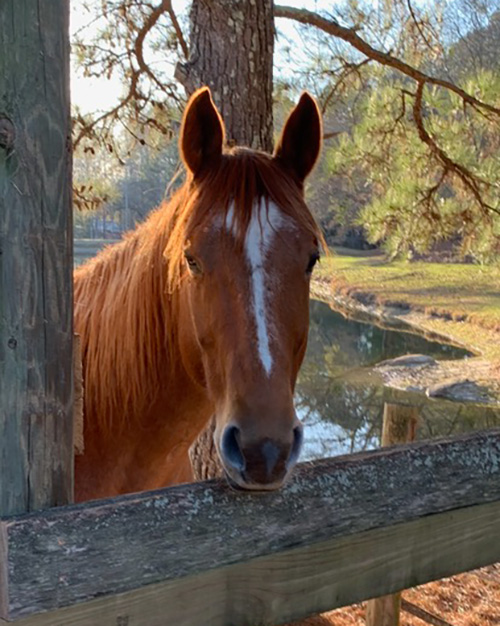
“To the Greeks, The Celts, and countless other other cultures, horses were magical beings, gifts from the gods, fierce protectors, explorers, and psychopomps capable of carrying a warrior between the worlds as deftly, and bravely, as they literally carried our kind around the globe.”
~ Linda Kohanov, The Tao of Equus
Equine assisted psychotherapy pulls from several theories including experiential, solution-focused, narrative, and play therapy.
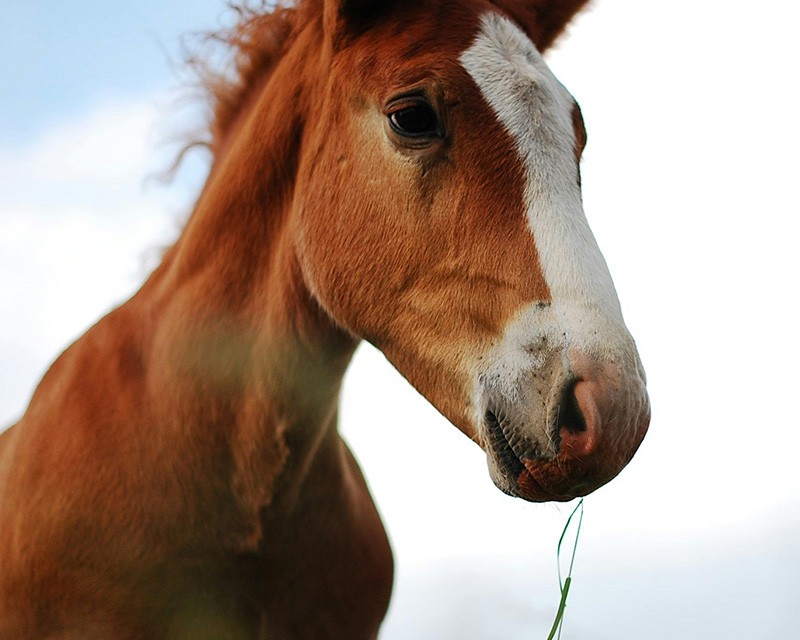
We currently offer groups for adults and individual sessions for adolescents (ages 12-17) and adults (18+). We affirm the inherent value and dignity of all persons; we are purposefully inclusive across race, ethnicity, gender, identity, religion, spirituality, and sexual orientation. All sessions take place at Chastain Horse Park in either an outdoor paddock or arena space with horses as part of the treatment team. All individual sessions are 50-minutes and are led by licensed or associate licensed mental health therapists who are dually credentialed with certification in conducting equine assisted psychotherapy.
All sessions are conducted based on PATH and EAGALA equine assisted psychotherapy approaches and modalities.
Referring Clients to Equine Assisted Psychotherapy
To refer a client to individual equine assisted psychotherapy or to group, please ask your client to email us at k-equine@k-equine.com.
If you would like to discuss before referring, please do not hesitate to contact us at k-equine@k-equine.com. We would be happy to schedule a call with you as their primary therapist and together discuss the best fit for your client.
After you refer a client, we would love to collaborate with you on your client’s care.
With release of information (ROI’s) signed, we strongly support clinician collaboration with a focus on continuation of care.
Adults may enter equine assisted psychotherapy as stand-alone therapy or supplemental therapy.
Adolescents must currently be seeing a primary therapist to be eligible for equine assisted psychotherapy. We recommend that the client see their primary therapist in between equine assisted psychotherapy sessions. This requirement is like that of most DBT groups for adolescents.
For research supporting animal-assisted therapy and equine assisted psychotherapy, please visit https://www.eagala.org/
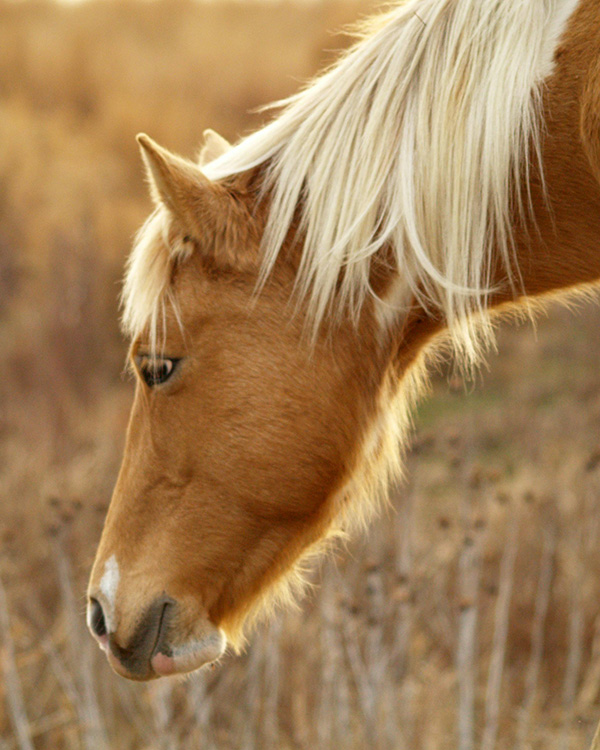
Kelly Stephens, LMFT, is the founder of k-equine and holds an EAGALA advanced skill mental health professional certification and is PATH trained as a mental health professional. EAGALA (Equine Assisted Growing and Learning Association) and PATH (Professional Association of Therapeutic Horsemanship) are well-respected international organizations with therapeutic models that incorporate horses into mental health treatment and require professional standards for certification. Obtaining ongoing CEU’s every 2 years is required to keep EAGALA certification current, much like licensure CEU requirements. Chastain Horse Park has earned the level of a premier accredited PATH facility, and all equine-specialists hold PATH certifications.
Clinician Equine Assisted Events
As a clinician do you want to learn more about equine assisted psychotherapy?
Please join us for a clinician open house or workshop at Chastain Horse Park.
